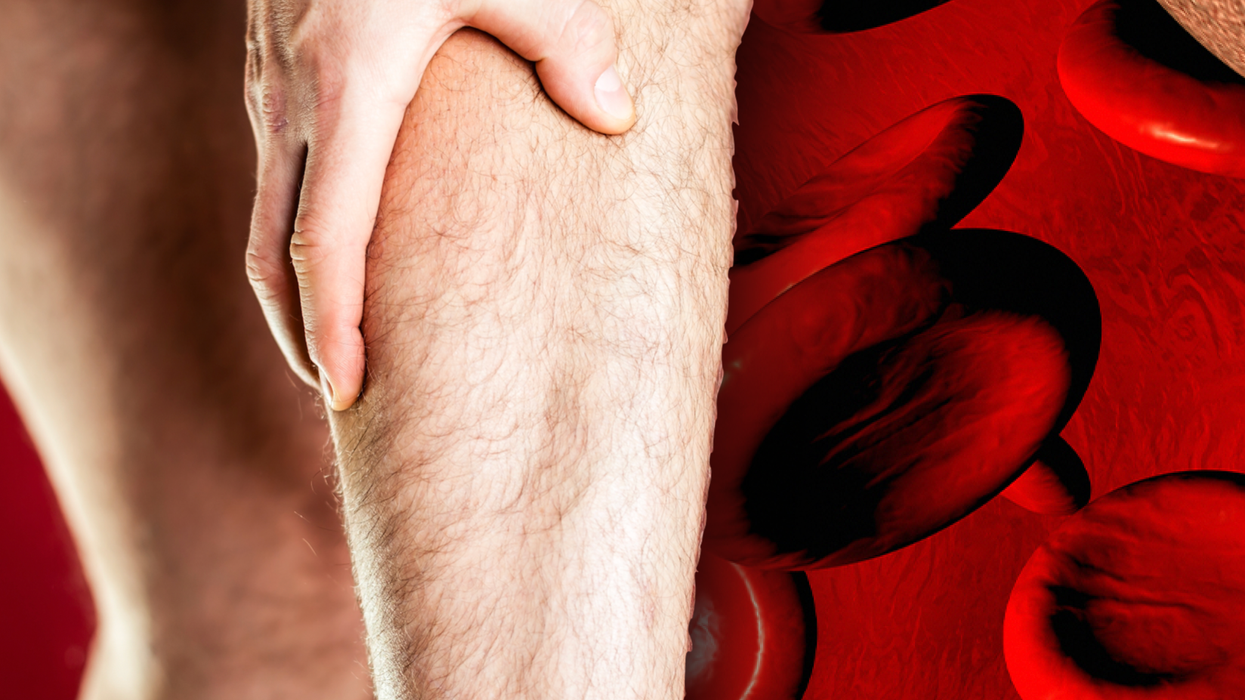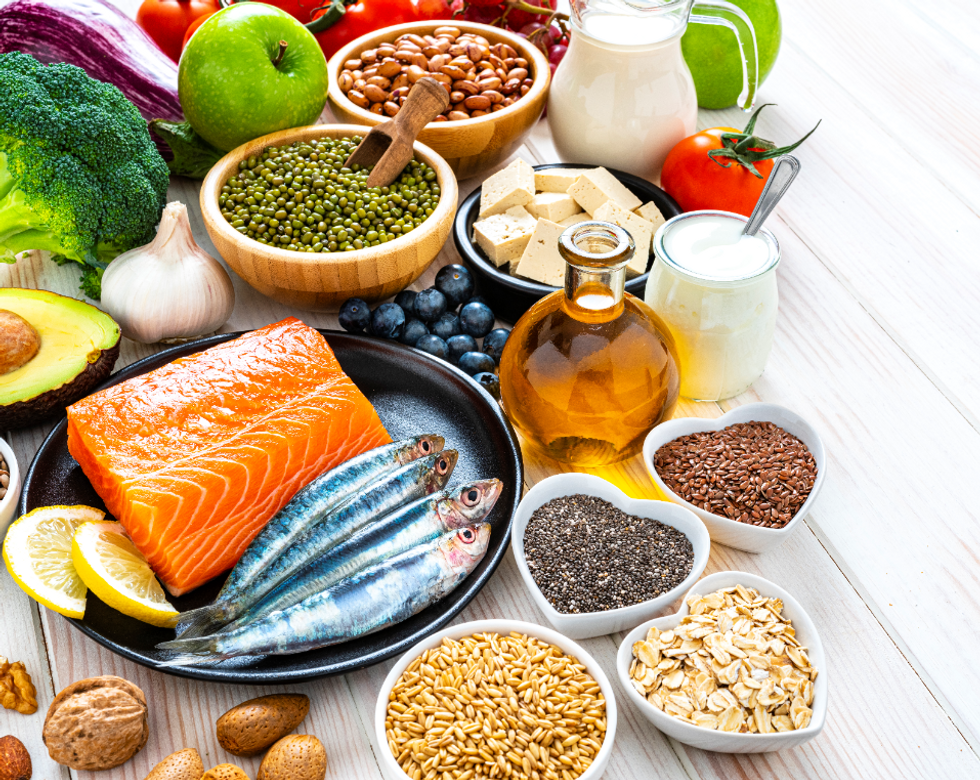'I didn't realise how dangerous high cholesterol was until symptoms showed up in my legs'

High cholesterol can cause the arteries in your leg to narrow
|Getty Images

High cholesterol rarely produces symptoms but it can give rise to complications that do
Don't Miss
Most Read
Latest
All products and promotions are independently selected by our experts. To help us provide free impartial advice, we will earn an affiliate commission if you buy something. Click here to learn more
A patient "brushed off" high cholesterol for years until terrifying symptoms showed up in his legs. It's a cautionary tale that the "silent killer" can give rise to symptoms, albeit indirectly.
High cholesterol can give rise to serious complications that produce perceptible changes in the body.
- View Deal | Get a 4-month supply of Omega 3 supplements from Amazon
- View Deal | Shop triple-strength Omega 3 tablets from Holland & Barrett
- View Deal | Subscribe to save 55% on essential supplements at MyVitamins
One of them is peripheral artery disease (PAD) - a common condition that occurs when fatty deposits build up in the arteries, narrowing them and reducing blood flow to the legs and feet.

PAD is a common condition that occurs when fatty deposits build up in the arteries
|Getty Images
One lucky sufferer of high LDL cholesterol (the bad type) experienced a key symptom of PAD.
Taking to Reddit, the 41-year-old user wrote: "Have had high LDL since I started getting tested in my 20’s. Mostly tried to brush it off/ignore it. Wasn’t aware of how dangerous it is until recently."
The unnamed user started "experiencing lots of pressure in my legs", adding that they had been referred to a cardiology unit and awaiting a result.
Symptom explained
When arteries in the legs narrow or block, blood flow to the leg muscles is limited. This can cause leg pain, especially during physical activity, such as walking, running, or climbing stairs. This pain is often called claudication and usually goes away when you stop the activity.
Other symptoms of PAD include:
- Numbness and tingling in the legs or feet.
- Ulcers
- Loss of sensation can increase the risk of ulcers and other wounds that heal slowly.
- Cool or cold feet, and changes in the toenails, such as slower growth, thickening, or discolouration
How to reduce your risk of PAD and other cholesterol complications
The key to staving off complications of high cholesterol is to bring your levels down to a healthy range. Most people can do this by overhauling their lifestyle.
Multiple studies have linked the Mediterranean diet to lower risk factors for heart disease, including high cholesterol.
LATEST HEALTH DEVELOPMENTS

Multiple studies have linked the Mediterranean diet to lower risk factors for heart disease, including high cholesterol
| GETTYA Mediterranean diet focuses on plant foods like fruit, vegetables, wholegrains, nuts, seeds, and pulses, like, beans, chickpeas and lentils. The diet includes moderate amounts of lean proteins like fish and chicken and low-fat dairy foods. Olive oil is used to replace other oils and fats in the diet.
A 2021 systematic review of 13 studies, published in the journal Nutrients, found that the Mediterranean diet can improve high-density lipoprotein (HDL) cholesterol, which is considered the "good" cholesterol.
Higher levels of HDL cholesterol may help lower the risk of cardiovascular disease by removing excess cholesterol from the bloodstream and preventing plaque buildup in the arteries.
Exercise is also essential.
The NHS recommends adults get at least 150 minutes of moderate exercise or 75 minutes of vigorous exercise per week to lower cholesterol and reduce the risk of heart disease or stroke.










